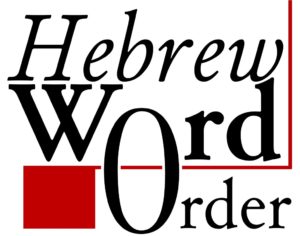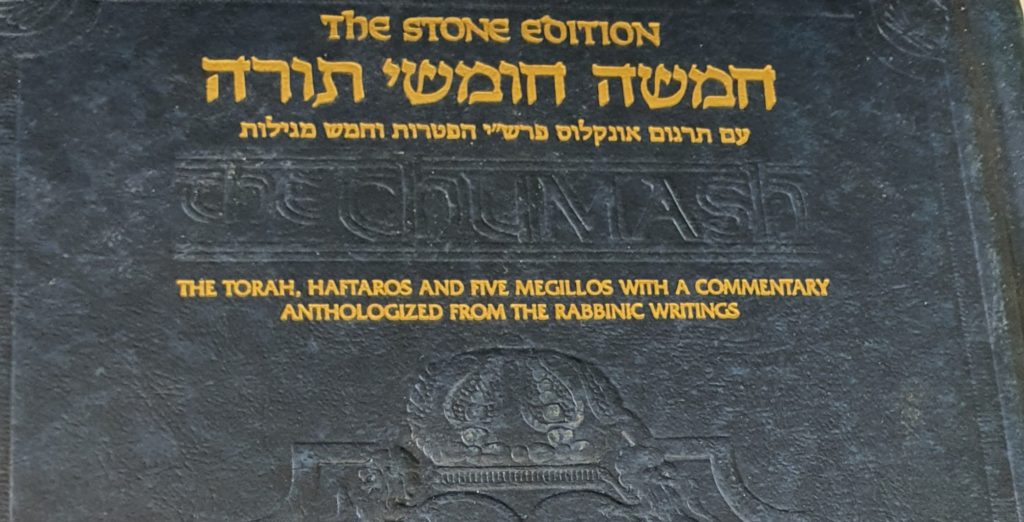 As you might be aware, Jonathan has been writing a series about the word order of the biblical Hebrew verbal sentence. The significance of that series and what he is arguing might be lost, however. Therefore, I wanted to write a short entry to let you know why I have become a recent convert to Cook and Holmstedt’s proposal for the re-examination of the standard or “unmarked” word order in biblical Hebrew.
As you might be aware, Jonathan has been writing a series about the word order of the biblical Hebrew verbal sentence. The significance of that series and what he is arguing might be lost, however. Therefore, I wanted to write a short entry to let you know why I have become a recent convert to Cook and Holmstedt’s proposal for the re-examination of the standard or “unmarked” word order in biblical Hebrew.
Anyone who learned Hebrew through the standard channels will generally tell you that the normal word order in Hebrew is verb-subject-object (VSO). That is, the verb appears first, then the subject, and then whatever other information (the object, adverbs, etc.). Take, for example, the following quote from the popular introductory grammar The Basics of Biblical Hebrew by Gary Pratico and Miles Van Pelt (133 [§12.14]):
In Hebrew, however, normal word order for a verbal sentence is verb-subject-object as the following example illustrates.
בָּרָא אֱלֹהִים אֵת הַשָּׁמַיִם וְאֵת הָאָרֶץ
God created the heavens and the earth (Gen 1:1).
In this example, the verb is in first position (בָּרָא), the subject in second position (אֱלֹהִים) and the two objects follow the subject (הַשָּׁמַיִם and הָאָרֶץ).
This is wholly incorrect for a few reasons, but you cannot blame these authors for making such a statement when even Gesenius, the most famous of biblical Hebrew grammarians, has the following to say (Kautzsch, 456 [§142f]):
According to what has been remarked above, under a, the natural order of words within the verbal sentence is: Verb—Subject, or Verb—Subject—Object. But as in the noun clause (§141l) so also in the verbal-clause, a variation of the usual order of words frequently occurs when any member of the sentence is to be specifically emphasized by priority of position.
So, why has this topic occupied so much of Jonathan’s thoughts here on the blog of The Hebrew Café? Why does any of this matter for students of biblical Hebrew? And, how can we know for sure that the information on word order presented in these grammars is so incorrect?
Continue reading “A Recent Convert” →


